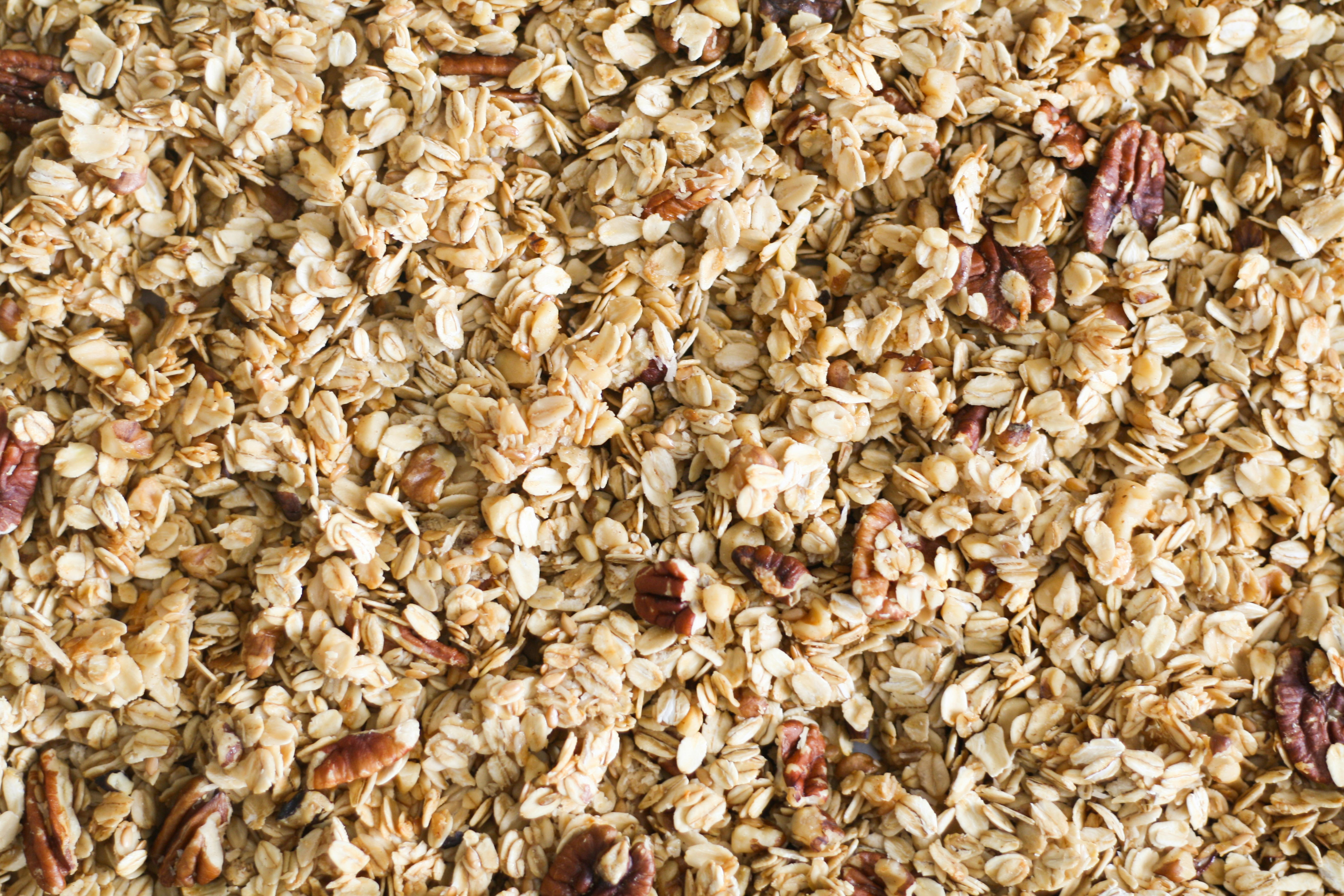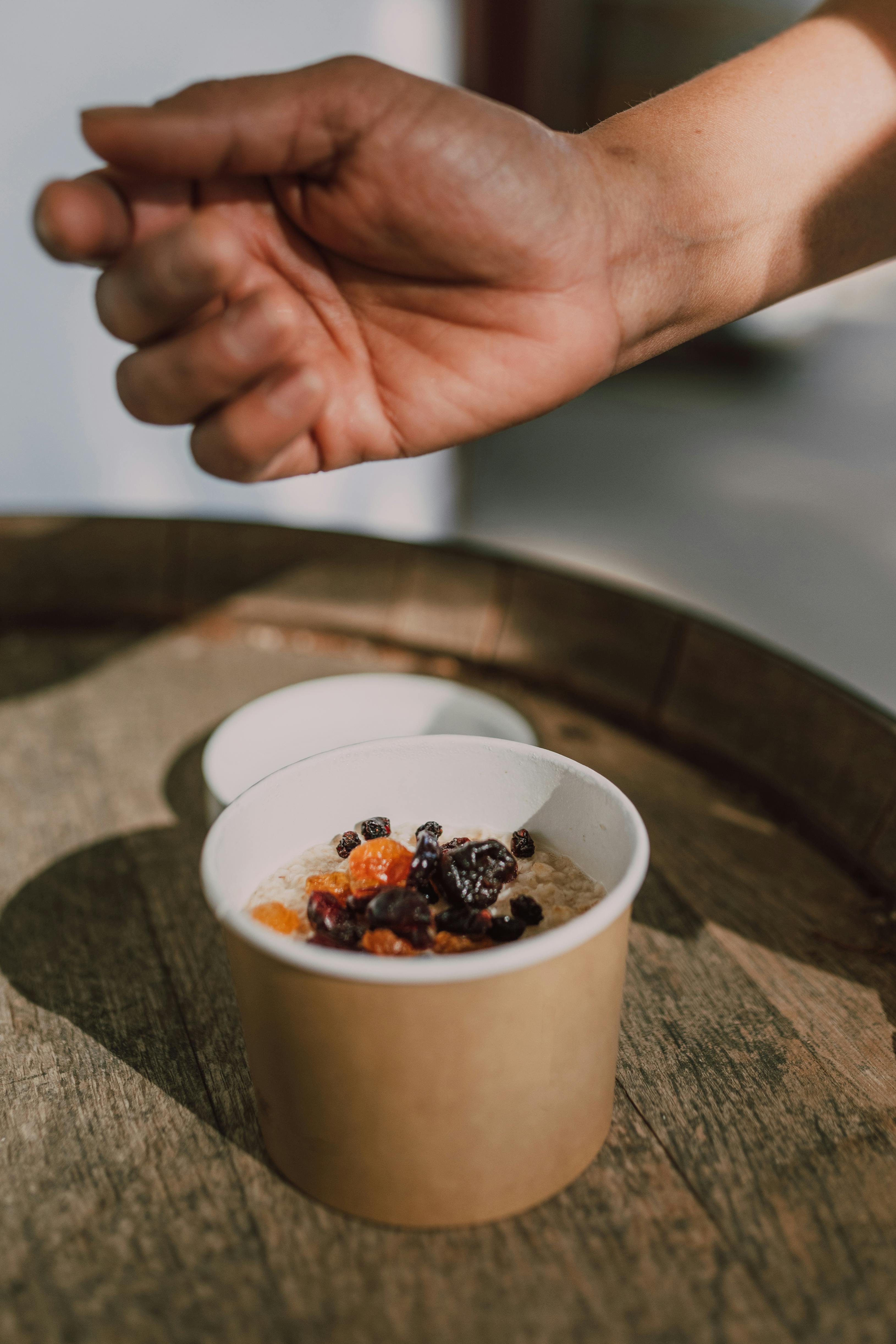
Understanding the Jain Diet: Principles and Practices
The Jain diet is steeped in rich traditions and ethical considerations, drawing attention to the importance of non-violence (Ahimsa) in food choices. It emphasizes vegetarianism, but goes beyond simply avoiding meat; it's about a conscious commitment to dietary principles that promote compassion for all living beings. With the increasing interest in ethical eating, the Jain diet stands out as a holistic approach that integrates health, spirituality, and environmental consciousness.
As modern eating habits evolve, many are searching for ways to adapt traditional Jain food practices to fit a contemporary lifestyle. This guide will explore practical tips for following the Jain diet into 2025, focusing on effective meal planning, popular Jain recipes, and nutritional considerations.
Key benefits of embracing the Jain diet include improved digestion, increased energy, and ethical eating aligned with personal values. With its varied food combinations and focus on plant-based ingredients, the Jain diet offers delicious options for everyone, whether you're fully vegetarian or just looking to incorporate more plant-based meals into your routine.
The following sections will delve into Jain food habits, meal planning, dietary guidelines, and explore the health benefits associated with this lifestyle. Expect to discover practical advice that ensures you maintain a balanced diet while adhering to Jain principles.
Key Foundations of Jain Food Habits
Embracing Jain food habits requires understanding its core principles and how they apply to daily nutrition. Central to this lifestyle is the belief in Ahimsa, which reflects the unconditional respect for all forms of life. Consequently, Jains avoid not only meat and fish but also certain root vegetables that are believed to harm living organisms in the soil. This makes adopting the Jain diet about more than what is eaten; it’s also a lifestyle choice that encourages conscious eating.
Essential Jain Food Groups
Jain cuisine predominantly consists of grains, legumes, vegetables, fruits, and dairy, while avoiding meat, fish, and most root vegetables. Key food groups include:
- Grains: Rice, wheat, and other cereals serve as staples.
- Legumes: Diverse pulses provide necessary proteins, essential for a balanced diet.
- Vegetables: Non-root vegetables offer vitamins, minerals, and fibers to support health.
- Fruits: Fresh and seasonal fruits provide essential nutrients and natural sweetness.
- Dairy: For those who include dairy, options include cheese and yogurt, although non-dairy alternatives are encouraged.
These food groups form the foundation of Jain meal plans, ensuring a nutrient-rich and diverse diet while adhering to dietary restrictions.
Common Jain Meal Timing Strategies
For many adhering to Jain dietary practices, meal timing is crucial and often includes twice or thrice-daily meal plans to optimize digestion. Meals are generally prepared with a focus on freshness and are sometimes specific to the time of day or season. The philosophy behind meal timing in the Jain diet is tied to digestive health, wherein lighter meals may be preferred during certain parts of the day.
Nutritional Video Enhancements
Modern adaptations of the Jain diet should not overlook the importance of proper nutrition and variety. Various resources, including nutritional charts and cooking shows, provide insights into appropriate ingredient combinations that can enhance flavor and improve health. Incorporating cooking methods such as steaming or sautéing with minimal oils can help maintain the integrity of the nutrients in Jain foods.
Crafting a Balanced Jain Meal Plan
When it comes to preparing meals, a well-structured Jain meal plan is key to ensuring all necessary nutrients are consumed while respecting Jain dietary laws. This involves careful consideration of food combinations and meal timings. Taking a closer look at how these elements can align with modern eating habits is essential for a healthful Jain experience.
Practical Jain Meal Prep Ideas
Meal prepping can simplify your adherence to a Jain diet, ensuring you always have compliant options available. Preparing meals in bulk allows for a variety of dishes throughout the week. Consider the following:
- Cook large batches of grains and legumes, which form the protein base of many Jain meals.
- Prepare a variety of seasonal vegetables, ensuring they are rich in flavor and nutrients.
- Experiment with Jain snacks like roasted nuts and seeds that provide quick energy without straying from dietary principles.
Jain Food Combinations for Optimal Nutrition
Creating nutrient-rich meals involves understanding which food combinations enhance protein absorption and overall digestion. Pairing legumes with grains provides a complete amino acid profile. Some beneficial combinations include:
- Rice with lentils or beans.
- Pairing whole wheat with chickpeas for a protein boost.
- Vegetable stir-fries with tofu or paneer provide calcium and iron.
Health Benefits of a Jain Vegetarian Diet
The Jain diet is not just about restrictions; it also brings several health benefits. Studies suggest that diets low in saturated fats and high in fruits, vegetables, and whole grains can lead to lowered cholesterol levels and improved heart health. The emphasis on plant foods encourages higher intakes of dietary fibers, vitamins, and antioxidants, which are crucial for maintaining optimal body functions.
Exploring Jain Recipes and Culinary Techniques
Crafting meals that align with Jain principles doesn't mean sacrificing flavor. In fact, Jain recipes are diverse and can cater to a variety of tastes. Exploring traditional culinary techniques can enrich your experience and expand your palette when following a Jain diet.
Top Jain Recipes to Try at Home
To kickstart your journey into Jain cooking, here are some delicious recipes you can try:
- Stuffed Peppers: Whole bell peppers filled with a mix of grains, lentils, and spices.
- Vegetable Khichdi: A comforting one-pot meal made with rice, lentils, and seasonal veggies.
- Jain Paneer Tikka: Paneer marinated in spices and grilled, perfect for a flavorful side.
Incorporation of Jain Herbs and Spices
Herbs and spices play a crucial role in Jain cooking. Utilizing turmeric, cumin, coriander, and asafoetida not only enhances flavors but also provides numerous health benefits. Many ingredients are known for their anti-inflammatory and digestive properties, making them staple elements in Jain cuisine.
Adapting Traditional Dishes for the Jain Diet
Customizing popular dishes to fit the Jain diet involves innovative ingredient swaps. For example, replacing dairy with vegan alternatives can cater to lactose intolerance while maintaining the essence of the meal. Additionally, using non-root vegetables can help retain the authenticity of a dish while adhering to Jain restrictions.
Navigating Jain Dietary Guidelines and Misconceptions
Adopting a Jain diet can sometimes be met with myths and misconceptions. While ethical eating is a central theme in Jainism, it's essential to separate fact from fiction to effectively navigate this lifestyle.
Common Myths about the Jain Diet
There are often misconceptions surrounding the Jain diet, including the belief that it is overly restrictive or devoid of flavor. However, it offers a wide variety of food choices, encouraging creativity in meal preparation. Many assume Jain cuisine is bland, but when prepared with diversity and the right spices, it can be incredibly flavorful.
Jain Fasting Rules and Their Significance
Fasting is an integral aspect of Jainism, often perceived as a method of spiritual purification. Understanding these fasting practices is essential for anyone looking to adopt the Jain lifestyle. The rules typically involve abstaining from certain foods or meals, emphasizing mindfulness and self-discipline.
Health Tips for Jain Eaters
To maximize the nutritional benefits of a Jain diet, it’s vital to consider proper hydration, seasonal eating, and the inclusion of diverse nutrients as part of your daily intake. Regular health check-ups can help monitor vital levels, ensuring you're not missing essential vitamins.
Adapting the Jain Diet for Modern Times
As we progress through 2025 and beyond, the Jain diet needs to evolve to incorporate modern eating practices and preferences. Staying relevant while adhering to Jain principles requires creativity and adaptability in sourcing ingredients, meal planning, and culinary techniques.
Exploring Jain Food Accessibility
The increasing demand for plant-based and ethical eating options has led to a wider variety of Jain-friendly products available in stores. Understanding what’s accessible can encourage followers of the diet to maintain their principles without sacrificing convenience.
Mindfulness in Meal Preparation
Emphasizing mindfulness in meal prep not only aligns with Jain principles but also enhances the cooking experience. Taking the time to choose ingredients thoughtfully and preparing meals with care deepens the connection to food and its origins.
Jain Food as Cultural Identity
The food choices we make often reflect our cultural identity, and Jain cuisine is no exception. Adapting Jain diet practices while staying true to cultural roots promotes a sense of belonging and community, particularly among those navigating contemporary culinary landscapes.
Frequently Asked Questions About the Jain Diet
As interest in the Jain diet grows, many common queries arise. Here are a few insights to clarify questions about this ethical eating lifestyle.
What are the core tenets of the Jain diet?
The core tenets include strict vegetarianism, adherence to Ahimsa, and avoidance of certain root vegetables to prevent harming soil organisms.
How can one balance a Jain diet with modern nutritional needs?
Incorporating a variety of food groups, understanding nutrient density, and proper meal timing can help balance the diet effectively.
Is there a way to adhere to a Jain diet while traveling?
Planning ahead can simplify travel while following a Jain diet. Researching Jain-friendly restaurants or preparing snacks can ensure adherence to dietary preferences.

 ```
```